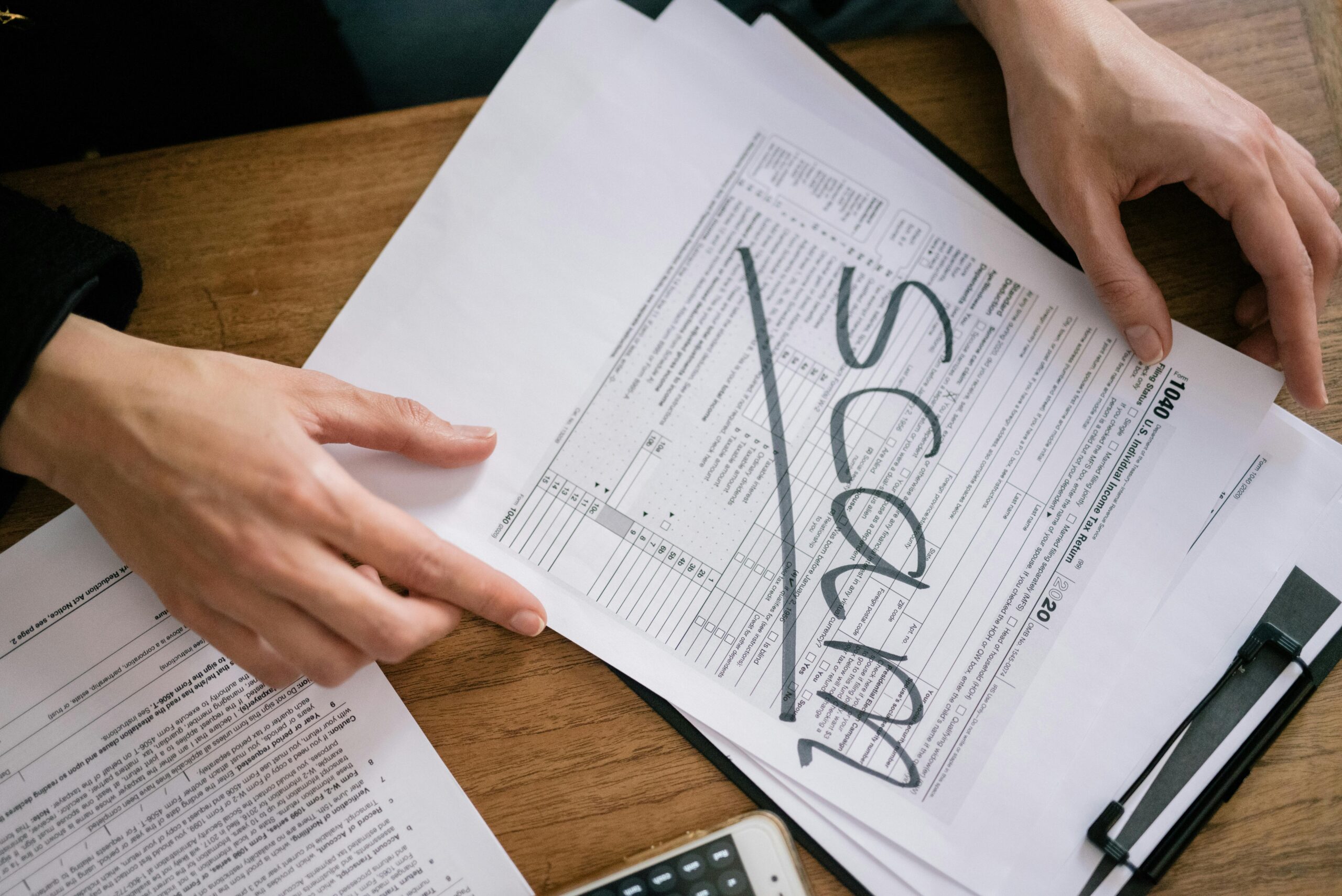Scammers are getting smarter. They know how to make themselves sound official. They use names of real companies, real people, and even fake caller IDs or email addresses that look like they are from a trusted source.
Recently, we learned that someone is pretending to be from Capital Recovery. They are calling people, threatening them with jail, and demanding money. Others may be sending emails that look real but are not from us.
These calls and emails are NOT from Capital Recovery. We want to help you spot these scams so you can protect yourself and your family.
5 Signs That a Call or Email Is a Scam
Scammers know that if they use the name of a real company, people are more likely to believe them. They may find our name online, then use it to make their threats sound more convincing.
They also know that fear works. If they can make you panic — by saying you will be arrested, sued, or lose your property — you might act quickly without checking if the contact is real. That’s exactly what they want.
Even if the caller or email looks professional, these warning signs mean you should slow down and check before you do anything.
1. They Use Threats or Scare Tactics
A real collections company will never threaten to send you to jail. Debt is a civil matter, not a criminal one. If someone says you will be arrested unless you pay immediately, that is a scam.
2. They Demand Immediate Payment by Unusual Methods
Scammers often ask for payment through gift cards, prepaid debit cards, wire transfers, or cryptocurrency. They use these because they are hard to trace and almost impossible to reverse. A legitimate company will not demand payment this way.
3. They Refuse to Give Written Proof or Send a Fake Email
If you really owe a debt, you have the right to see proof in writing. This is called a “validation notice.” A scammer will avoid sending this because they don’t have it.
Sometimes, they may also send a fake letter or email instead. Here’s how to spot a scam email:
Check the sender’s address carefully. Scammers may use an address that looks close to the real one but has extra letters, numbers, or symbols. For example, “capitalrecoverys.com” instead of “capitalrecovery.com.”
Look for spelling and grammar mistakes. Real companies proofread their messages. Scam emails often have small errors or awkward wording. And watch for urgent language. Phrases like “Final Notice – Pay Now or Face Arrest” are red flags.
Don’t click links without checking them. Hover your mouse over a link to see where it really goes. If it’s not the company’s official site, don’t click. And be careful with attachments. Scammers sometimes send fake invoices or “proof” as attachments that contain viruses.
If you get an email about a debt, compare it with past legitimate emails from the company. And always confirm by calling the official phone number before taking action.
4. They Pressure You to Act Right Now
Scammers don’t want you to think. They want you to pay before you have time to check their story. If someone is rushing you, slow the conversation down.
5. The Caller ID or Email Domain Doesn’t Match
Even if the number or email looks familiar, it could be “spoofed,” meaning the scammer is faking what you see. Always check the number or email domain against the official list from the company they claim to be from.
How to Protect Yourself from Such Scams
Spotting a scam is one thing. Knowing what to do next is just as important.
- Hang up or stop replying. If you think a call or email might be fake, end the conversation.
- Check directly with the company. Call using a number from the company’s official website — not the number the caller or email gave you.
- Don’t share personal information. Until you are 100% sure who you are speaking to, don’t give out your Social Security number, bank account details, or credit card numbers.
- Ask for proof. A real company will send you a letter or a legitimate email with clear details about the debt.
- Report the scam. You can report fake debt collection calls or emails to the Federal Trade Commission (FTC) at reportfraud.ftc.gov and to your state’s attorney general.
What Capital Recovery Will Never Do
Because scammers are using our name, we want to be clear about how we operate:
- We will never threaten you with arrest or jail.
- We will never demand payment through gift cards, cryptocurrency, or wire transfer.
- We will always provide written proof of any debt we are collecting.
- We will always send emails from our official domain and treat you with respect.
- We follow all debt collection laws and regulations.
If a caller or email claiming to be from Capital Recovery does any of the things on the “scam signs” list above, it is not us.
Official Capital Recovery Contact Numbers
If you ever get a call, text, or email from someone claiming to be from Capital Recovery, check the number against this list. If the number is not here, it is not us.

Take a Minute to Think
Scammers rely on fear, confusion, and speed. They pretend to be people they’re not. They hope you won’t check. By learning the warning signs and taking a moment to think, consider, and verify, you can protect yourself.
If you ever have doubts about a call or email from Capital Recovery, hang up or stop replying, then reach out to us directly using the numbers above. We’d rather you double-check than risk losing your money to a scammer.

